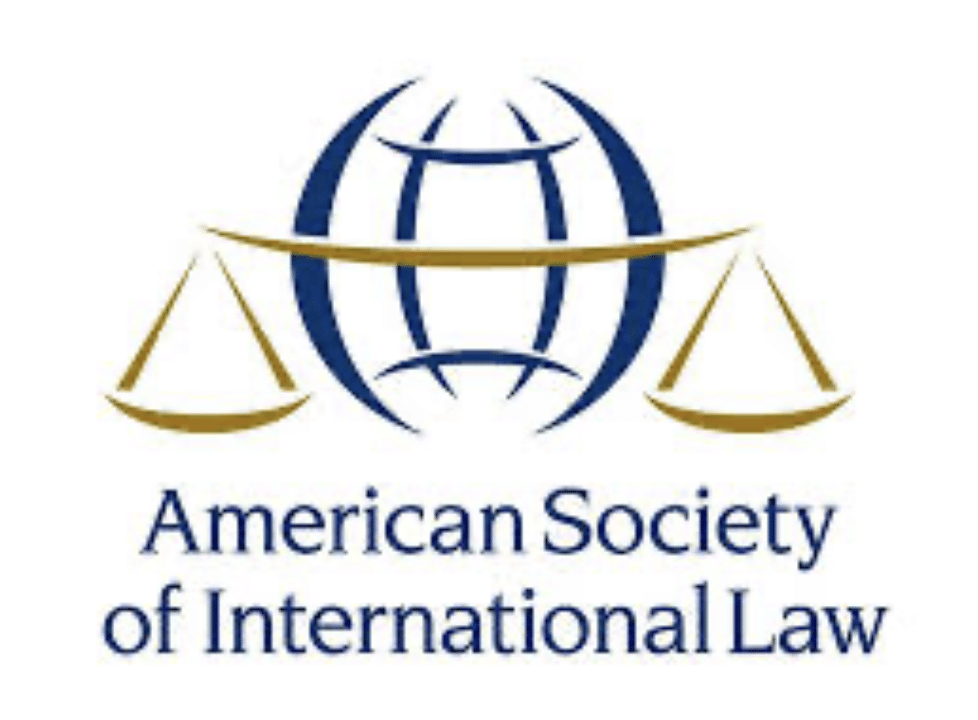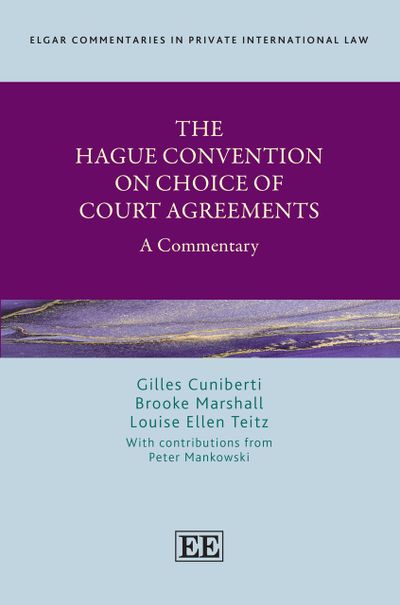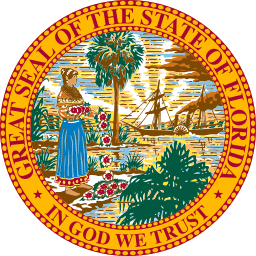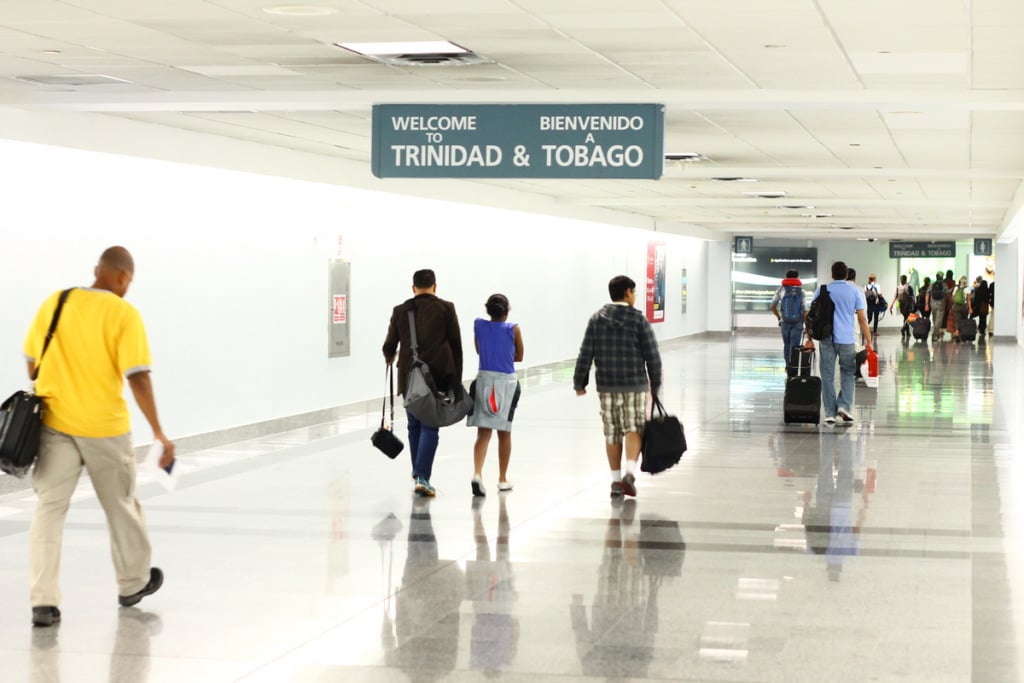U.S. Courts “International Law” Year in Review Panel Discussion, December 9
The Dispute Resolution and International Law in Domestic Courts Interest Groups of the American Society of International Law, along with the Transnational Litigation Blog, cordially invite you to a hybrid panel discussion on recent key decisions in U.S. courts and legally driven developments in executive branch practice that have significant implications for U.S. foreign relations…
Continue ReadingHappy Thanksgiving
Tomorrow is Thanksgiving Day in the United States, so TLB is taking a break. We are thankful for you, our readers, around the world. If you celebrate the holiday, we wish you happiness with your family and friends. If you do not celebrate the holiday, we wish you the same. We will be back with…
Continue ReadingNew Developments in U.S. Covid Litigation Against China
Just last month, I wrote about suits filed in U.S. courts against the People’s Republic of China and other Chinese entities for damages arising from the Covid pandemic. In the last two weeks there have been two significant developments. First, on November 14, 2025, the U.S. District Court for the Southern District of Mississippi (Judge…
Continue ReadingBook Launch for Hague Convention on Choice of Court Agreements
The 2005 Hague Convention on Choice of Court Agreements entered into force ten years ago. As regular readers will know, the United States has signed but not (yet) ratified the Convention. Were the United States to do so, it would mark a significant (and positive) change in the U.S. approach to the interpretation and enforcement…
Continue ReadingCivil Contempt Orders Against Non-Parties in Parallel Proceedings
Among the challenges U.S. courts face in managing parallel litigation is enforcing any anti-suit injunctions they might order. In this regard, one of the most important enforcement tools they have at their disposal is the power to impose contempt sanctions in response to violations of their orders. The authority of a court to hold the…
Continue ReadingNo Injunction Against Florida Alien Ownership Law
After briefly enjoining the enforcement of Florida’s SB 264, the Eleventh Circuit has reversed course in Shen v. Simpson. The court of appeals held that most of the plaintiffs lack Article III standing and that those with standing are unlikely to succeed on the merits of their claims. It thus affirmed the district court’s denial…
Continue ReadingNinth Circuit Reverses Personal Jurisdiction Decision in Lufthansa Case
Last year, I expressed doubt over the Northern District of California’s dismissal for lack of personal jurisdiction of a suit brought by California residents regarding their alleged mistreatment when checking in for their Lufthansa flight in Saudi Arabia. The Ninth Circuit recently reversed that decision in Doe v. Deutsche Lufthansa Aktiengesellschaft, holding that that the…
Continue ReadingNYC Event on Enforcement of Foreign Arbitral Awards
An upcoming panel addresses personal jurisdiction, forum non conveniens, immunity, and the enforcement of foreign arbitral awards. It will be held in New York City as part of the 20th Annual Fordham Conference on International Arbitration and Mediation. Details: November 21, 2025 9:30 – 11:00 a.m. | Award Enforcement and Personal Jurisdiction in the United…
Continue ReadingExtraterritorial Application of State RICO Statutes
Over the past decade, the U.S. Supreme Court has twice addressed the extraterritorial application of the federal RICO statute. In RJR Nabisco, Inc. v. European Community (2016), the Court held that RICO’s criminal provisions apply extraterritorially to the same extent as the predicate acts on which RICO charges are based, whereas RICO’s civil cause of…
Continue Reading






